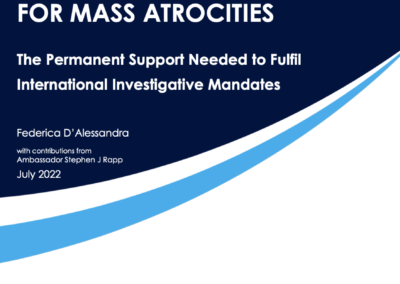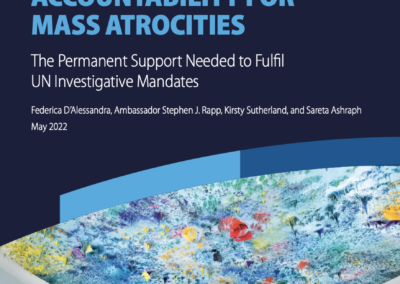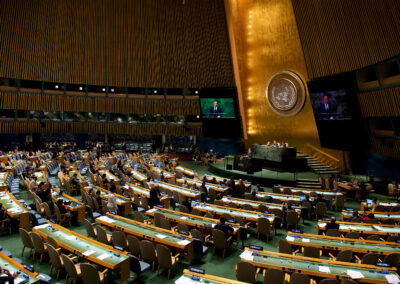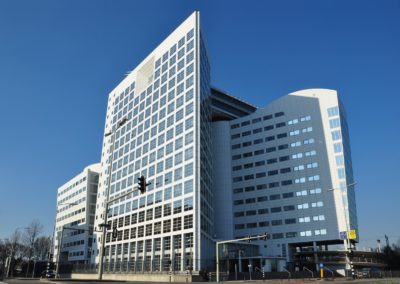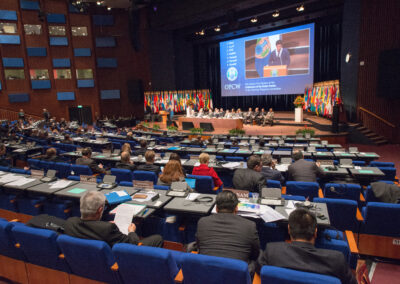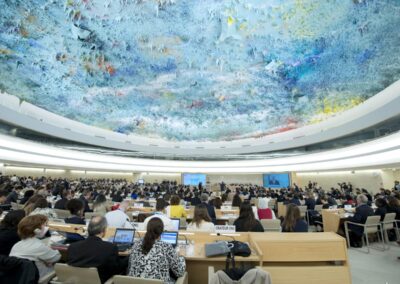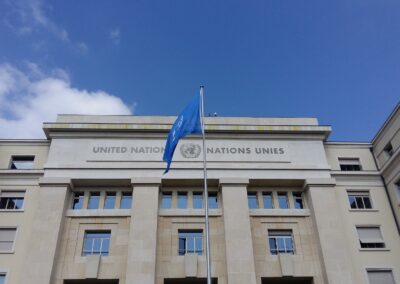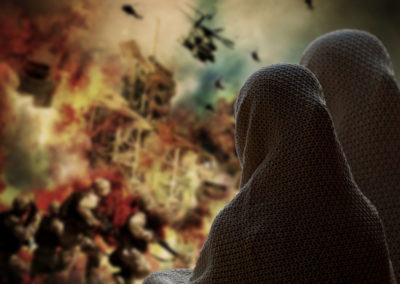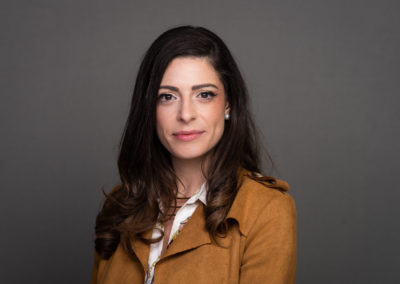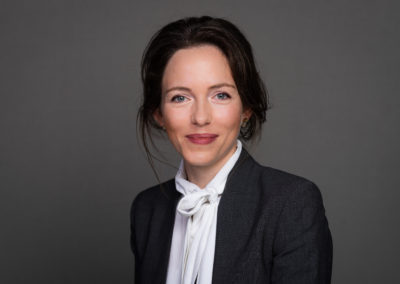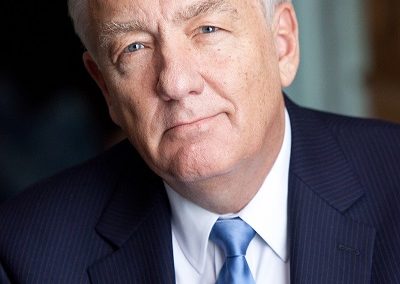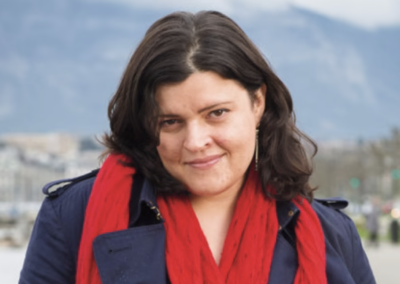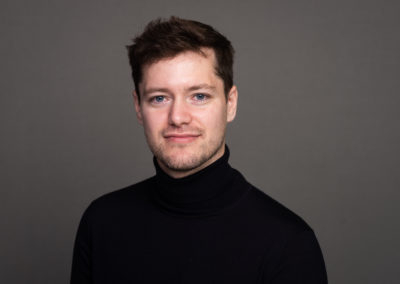Over the past ten years, there has been a dramatic shift in the willingness of bodies within the United Nations – among them, the Human Rights Council, the General Assembly and the Security Council – to direct and, increasingly, to establish entities to investigate war crimes, crimes against humanity and genocide. Often referred to as ‘an accountability turn in human rights fact-finding’ (D’Alessandra, 2017), UN Commissions of Inquiry (CoIs) and Fact-Finding Missions (FFMs) are now not only tasked with human rights investigations and reporting but also with identifying perpetrators where possible, and laying the foundation for future criminal accountability. Since 2016, a new generation of investigative bodies has also come into affect, such as the International, Impartial and Independent Mechanism for Syria (IIIM), the United Nations Investigative Team to promote Accountability for the crimes committed by Da’esh (UNITAD) and the International, Independent Mechanism for Myanmar (IIMM), which have geographically limited mandates with quasi-prosecutorial powers.
To some extent, new and old inquiries alike continue to face similar challenges, from dawn-out recruitment processes to short mandates or irregular funding. The creation of novel ad-hoc mechanisms furthermore has sparked discussions on how the international community may improve efficiencies and maximise outputs against a background of scarce resources and competing priorities. There is a need to provide evidence-based, realistic and cost-effective recommendations that have a reasonable prospective to be accepted by a majority of UN member states, not on ideological grounds but for the sake of improving efficiencies. Crucially, any recommendations should be aimed to strengthen rather than weaken the current architecture of international justice. To meet this need, the Programme on International Peace and Security (IPS) of the Oxford Institute for Ethics, Law and Armed Conflict has launched a research project that maps these challenges and develops solutions.
PROJECT STRUCTURE
Besides comprehensively mapping the challenges currently confronted by accountability-related mechanisms, the project analyses and studies a number of approaches to increasing their investigative capacity, including the creation of a permanent UN independent Investigative Support Mechanism (ISM) or a permanent Investigation Support Division (ISD) within the UN Office of the High Commissioner for Human Rights (building on our 2017 recommendation for the creating of an investigation support unit, which has already been established) to assist all mandated UN investigations with case-building responsibilities, as well as CoIs and FFMs with accountability requirements. We query how any of such solutions would be mandated and funded; in what type of situations they would become involved; and how any such entity would interact with other international justice actors (such as domestic and international prosecuting authorities, as well as its relationship with civil society), and what form of infrastructural and technical support might be necessary.
The research was carried out under the direction of ELAC Deputy Director Federica D’Alessandra (Principal Investigator), and Visiting Fellows of Practice Ambassador Stephen Rapp, Sareta Ashraph and Kirsty Sutherland, with the support of the Simon Skjodt Center for Genocide Prevention at the US Holocaust Memorial Museum, and in partnership with the International Bar Association. To guide and support this research, our team also convened an high level Advisory Group of Practitioners with experience in UN fact-finding and accountability, including international prosecutions. Our data is based on anonymous of 103 UN practitioners working in the relevant bodies, 54 interviews with prosecuting authorities and civil society groups carrying out documentation of atrocities to support accountability, and a number of focused group discussions with the Office of the High Commissioner, the leadership of multiple relevant mandates, as well as supporting States. In addition, three high-level stakeholder meetings took place between 2020 and 2022. The resulting in-depth report Anchoring Accountability for Mass Atrocities: the Permanent Support Needed to Fulfil UN Investigative Mandates was launched on 19 May 2022 at the Palais des Nations in Geneva. The recordings of the final conference and launch are available on the Blavatnik School YouTube channel.
As part of its methodology, IPS engaged with stakeholders such as ‘end users’ of the evidence generated by these mechanisms (domestic and international prosecutorial and judicial authorities), ‘suppliers’ (groups collecting and collating documentation of atrocities) and enablers (States, donors). Organisations such as the International Commission of Jurists, Justice Rapid Response and the Eurojust Network for the Prosecution of Atrocity Crimes were also close collaborators in our consultations, alongside relevant international organisations such as the International Criminal Court (ICC). We also sought the input of the UN Office of the High Commissioner for Human Rights (OHCHR) and regularly briefed the Office on our progress.
REPORT LAUNCH
Our study reveals that a lot can be learned from the three UN independent investigative mechanisms, and that effectively and efficiently supporting accountability moving forward requires seizing on the lessons learned and investment made to this day to build permanent investigative support capacity. Based on our findings, we advance two concrete models for building standing investigative capacity:
-
- Option 1: Establish an Investigative Support Mechanism (ISM), independent of OHCHR in the same manner as the three investigative mechanisms. The ISM would act both as a service provider to other mandates concerned with accountability – including Commissions of Inquiry and Fact-Finding Missions when these are conferred by the Human Rights Council – and, when triggered by a competent UN body, as an investigative mechanism of its own, as well as fulfilling a coordinating role and providing strategic advice wherever multiple actors are pursuing investigations on the same situation, thus maximising the potential for making effective use of gathered materials.
- Option 2: Establish an Investigative Support Division (ISD) within OHCHR. The ISD would assist in the prompt recruitment and deployment of effective and well-resourced teams as required for each UN mandated investigation. It would serve as a repository of institutional memory and achieve efficiencies by standardising the preparatory processes and investigative plans for each accountability Fact-Finding Mission or Commission of Inquiry that is established by the Human Rights Council, while also supporting other mandates’ case-building functions – wherever these are established as independent from OHCHR.
In addition, we advance a series of recommendations that should be implemented by states irrespective of which model might prevail to ensure the proper and efficient functioning of any standing investigative support entity within the UN.
The final report can be accessed here. A short brief outlining our proposal can be accessed here. You can watch the launch of the report in Geneva here.
ADVISORY GROUP MEMBERS
To support this project, IPS convened a high-ranking and truly international advisory group of academics and practitioners willing to share their expertise:
-
- Ceclie Aptel, Director of Policy, Strategy and Knowledge, IFRC (ex officio)
- Kingsley Abbott, Head Global Accountability Initiative, International Commission of Jurists
- Dapo Akande, Co-Director ELAC, University of Oxford
- David Akerson, Justice Sector Consultant, United Nations Office on Drugs and Crime (UNODC)
- Reed Brody, Counsel and Spokesperson, Human Rights Watch
- Agnés Callamard, UN Special Rapporteur for Extrajudicial, Summary and Arbitrary Executions
- Alison J. Cole, Senior Lecturer, Hong Kong University
- Jill Coster van Voorhout, Faculty of Law, University of Amsterdam
- Marzuki Darusman, Chair, International Fact-Finding Mission for Myanmar; former Attorney General of Indonesia
- Eric David, Professor of Law, Free University of Brussels; former Member of the International Humanitarian Fact-finding Commission
- Mary Davis, former Chair of the International Commission of Inquiry for Gaza (2014), former Justice of the New York Supreme Court
- Nicolel Fritz, CEO, Freedom under Law; former Director of the South African Litigation Centre
- Alistair Graham, ICC Senior Investigator (ex-officio)
- Baroness Arminka Helic, Member of the UK House of Lords, Board Member of the ICC Trust Fund for Victims
- Nadim Houry, Director of the Arab Reform Initiative
- Michelle Jarvis, Deputy Head, International, Impartial and Independent Mechanism for Syria (ex offico)
- Nerma Jelasic, Deputy Director of Commission for International Justice and Accountability, former Spokesperson of International Criminal Tribunal for the Former Yugoslavia
- Larry Johnson, Adjunct Professor, Columbia University, former UN Assistant Secretary General for Legal Affairs
- Nick Kaldas, Former Chief of Investigations, OPCW-UN Joint Investigative Mechanism, former Deputy Commissoner, NSW Australia Police
- Baroness Helena Kennedy, Director, IBA Human Rights Institute, Member of the UK House of Lords
- Naomi Kikoler, Director, Simon Skjodt Center for Genocide Prevention, US Holocaust Memorial Museum
- Justice Michael Kirby, Former Chair, Commission of Inquiry for the Democratic People’s Republic of Korea, former Justice at the Australian Supreme Court
- Andreas Kleiser, Director for Policy and Coordination, International Commission on Missing Persons
- David Mandel-Anthony, Acting Director, Office of Global Criminal Justice, US State Department
- Yasmin Naqvi, Special Advisor, Organisation for the Prohibition of Chemical Weapons (ex officio)
- Claudia Paz y Paz, Director, Centre for Justice & Law, former Attorney General of Guatemala
- Matevz Pezdirc, Head of the Secretariat, Eurojust Genocide Network
- Akila Radhakrishnan, President, Global Justice Center
- Cristina Ribeiro, Investigations Coordinator, International Criminal Court (ex officio)
- Robert Roth, Former Director of the Geneva Academy; former Presiding Judge, Special Tribunal for Lebanon
- Dan Saxon, Former Coordinator of the International Commission of Inquiry for Syria, former Trial Attorney at the International Criminal Tribunal for the Former Yugoslavia
- Ken Scott, Former member of the UN Commission on Human Rights in South Sudan, former Trial Attorney at the International Criminal Tribunal for the Former Yugoslavia; Consultant, Special Tribunal for Lebanon
- Yasmin Sooka, Chair, UN Commission on Human Rights for South Sudan; Executive Director of the Foundation for Human Rights in South Africa
- James Stewart, Deputy Prosecutor, International Criminal Court (ex offico)
- Lyal Sunga, Affiliated Professor, Raoul Wallenberg Institute
- H.E. Abubacarr Tambadou, Minister of Justice, The Gambia (ex officio)
- Maria Bringas Warren, Former Chief of Evidence at the International Criminal Tribunal for Rwanda, former head of the Operations Division, Office of the Prosecutor of the Special Court for Sierra Leone
- Jamie Williamson, Executive Director, International Code of Conduct Association for Private Security Service Providers; former Legal Advisor of the International Committee of the Red Cross
PROJECT TIMELINE
October 2019–May 2022
